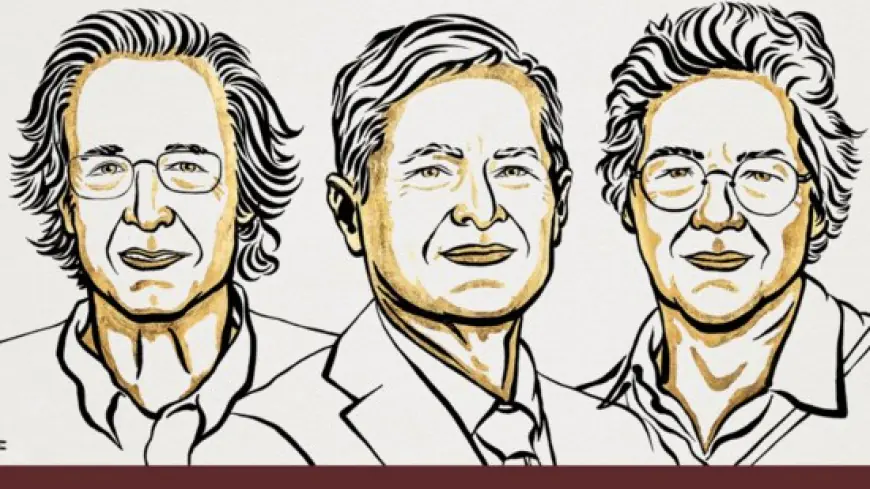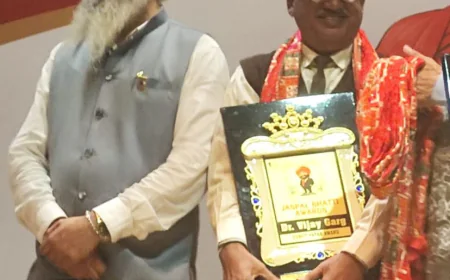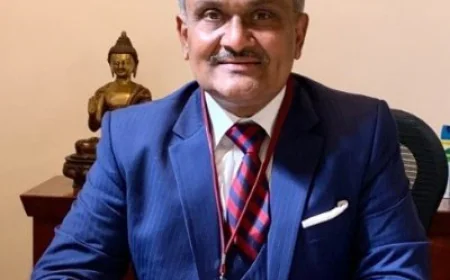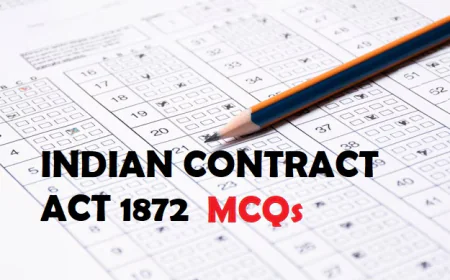2023 Nobel Prize in Physics awarded to Ferenc Krausz, Anne L’Huillier, Pierre Agostini for work on electrons

Sweden: The Nobel Prize for Physics has been announced on Tuesday. This time the award was given to three people. Pierre Agostini, Ferenc Cruz and Anne L’Huillier have been awarded the Nobel Prize 2023 for Physics this time. According to the Royal Swedish Academy of Sciences, these three scientists have been awarded the Nobel Prize for the study of electron mobility.
BREAKING NEWS
The Royal Swedish Academy of Sciences has decided to award the 2023 #NobelPrize in Physics to Pierre Agostini, Ferenc Krausz and Anne L’Huillier “for experimental methods that generate attosecond pulses of light for the study of electron dynamics in matter.” pic.twitter.com/6sPjl1FFzv— The Nobel Prize (@NobelPrize) October 3, 2023
On Tuesday, The award-giving body said that they won the 2023 Nobel Prize in Physics for “experimental methods that generate attosecond pulses of light for the study of electron dynamics in matter”. The three joint winners have given humanity “new tools for exploring the world of electrons inside atoms and molecules.
In a statement,the Nobel announcement read, “They demonstrated a way to create extremely short pulses of light that can be used to measure the rapid processes in which electrons move or change energy.” The prize, which was raised this year to 11 million Swedish crowns (about $1 million), is awarded by the Royal Swedish Academy of Sciences.
The Nobel Prize in Physics is a yearly award given by the Royal Swedish Academy of Sciences to those who have made the most outstanding contributions to humankind in the field of physics. Physics is the second Nobel to be awarded this week after Hungarian scientist Katalin Kariko and U.S. colleague Drew Weissman won the medicine prize for making mRNA molecule discoveries that paved the way for COVID-19 vaccines.
The tradition has been ongoing since 1901, with the prize being awarded 116 times to 222 laureates between 1901 and 2022. Notably, John Bardeen is the only laureate who has received the Nobel Prize in Physics twice, in 1956 and 1972. While the sometimes controversial award for peace can hog the limelight, the physics prize has likewise often taken centre stage with winners such as Albert Einstein and awards for science that has fundamentally changed how we see the world.
Last year, Alain Aspect, John Clauser and Anton Zeilinger won the prize for work on quantum entanglement, where two particles are linked regardless of the space between them, something that unsettled Einstein himself who once referred to it as “spooky action at a distance”. The announcement of the Nobel Prize in Physics is part of the Nobel season, which also includes the announcement of other Nobel Prizes such as Literature, Physiology or Medicine, and Economic Sciences.
In early October, announced on consecutive weekdays, the physics prize announcement will be followed by ones for chemistry, literature, peace and economics, the latter a later addition to the original line-up. The laureates are invited to receive their awards at ceremonies on December 10th, the anniversary of Nobel’s death. The peace prize ceremony takes place in Oslo, while the other awards are presented in Stockholm.









































